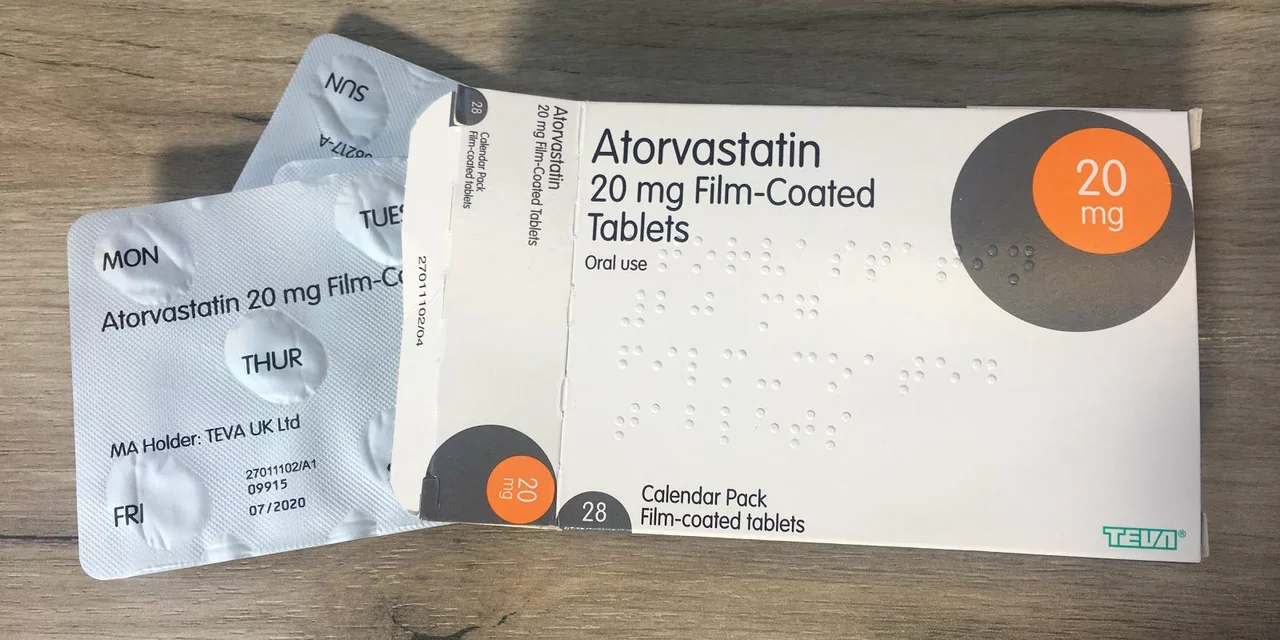Side effects: understand what to expect and what to do
Side effects are unwanted reactions you can get after taking a medicine. They range from mild (an upset stomach) to serious (difficulty breathing). Knowing how to read and react to side effects helps you stay safer and avoid panic when something unexpected happens.
Not every drug causes the same issues. For example, proton pump inhibitors like Nexium can cause headaches or stomach changes for some people, while antiparasitics such as Biltricide often list nausea and dizziness among common side effects. Sexual health meds like Priligy (dapoxetine) can cause nausea or lightheadedness. These examples don't replace advice from a doctor, but they show how different medicines bring different risks.
How to spot serious side effects
Some reactions are clearly urgent. If you get trouble breathing, swelling of the face or throat, a severe rash, fainting, chest pain, or sudden severe pain, treat it as an emergency and seek immediate care. Other warning signs include high fever, yellowing of the skin or eyes, and blood in urine or stools. If you’re unsure, call your healthcare provider — quick action can prevent complications.
Timing matters. Side effects that start right after a dose are easier to link to the drug. But some problems show up later, after weeks or months. Keep note of when symptoms began and whether they improved after stopping the drug. That helps your clinician figure out the cause faster.
Practical tips to reduce and report side effects
First, read the patient leaflet or drug label each time you start something new. That lists common and rare side effects, plus interactions. Ask your pharmacist about food, alcohol, and other medicines that might change how a drug works. For example, mixing certain heartburn drugs and supplements can change effects or raise risk.
Keep a short side-effect log: drug name, dose, time you took it, symptoms, and how long they lasted. A photo of rashes or swelling helps your doctor. If a side effect is mild, your clinician may suggest changing the dose, switching drugs, or simple home fixes like taking the medicine with food. If it's bothersome or affects daily life, don’t ignore it—ask for a safer option.
Finally, report serious or unusual side effects to your local health authority or through pharmacy reporting systems. Reporting helps regulators spot problems earlier and protect others. If you want more drug-specific notes, check our articles on Nexium, Biltricide, Priligy, Metformin, and antiviral treatments — they break down common reactions and what patients reported.
Dealing with side effects is often about knowing what’s normal, what’s not, and when to ask for help. Keep records, talk openly with your healthcare team, and trust your instincts if something feels wrong.
Wellbutrin: Benefits, Side Effects, and What to Expect From Bupropion
This article digs deep into Wellbutrin, also known as bupropion, and explores its uses, benefits, potential side effects, and what you might expect from taking it. With real facts, helpful tips, and a down-to-earth approach, you'll get a clear picture of how this antidepressant works and what it's actually like for people who take it. Whether you're thinking about starting Wellbutrin or just curious, this guide makes the science and experience easy to understand.
Biosoprolol and Hair Loss: Is There a Connection?
As a blogger, I recently came across the topic of Biosoprolol and its potential connection to hair loss. After conducting thorough research, I found that some studies suggest a link between this medication and hair thinning. However, it's essential to note that this side effect is relatively rare and not experienced by everyone. If you're taking Biosoprolol and notice hair loss, it's crucial to consult your doctor before making any changes to your medication. Overall, the connection between Biosoprolol and hair loss remains inconclusive, but it's essential to be aware of this potential side effect and monitor it closely.
Atorvastatin and Vitamin D: What You Should Know
As a blogger, I've come across some interesting information about the connection between Atorvastatin and Vitamin D that I think you should know. Atorvastatin is a medication commonly used to lower cholesterol, while Vitamin D is essential for our overall health. Some studies suggest that taking Atorvastatin may actually increase Vitamin D levels in the body, which is a great added benefit. However, it's important to consult with your doctor before making any changes to your medication or supplements. Stay tuned for more updates on this topic!



